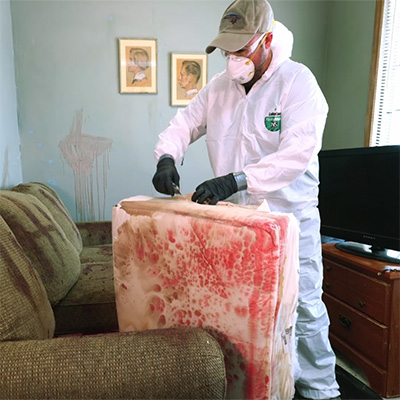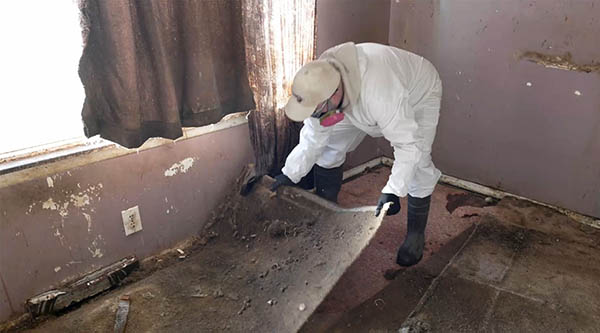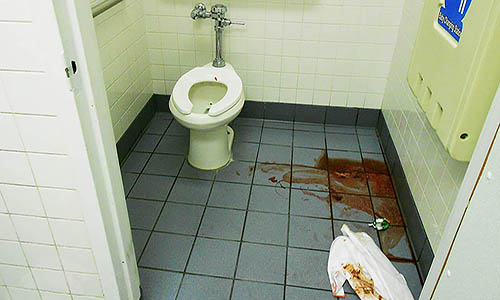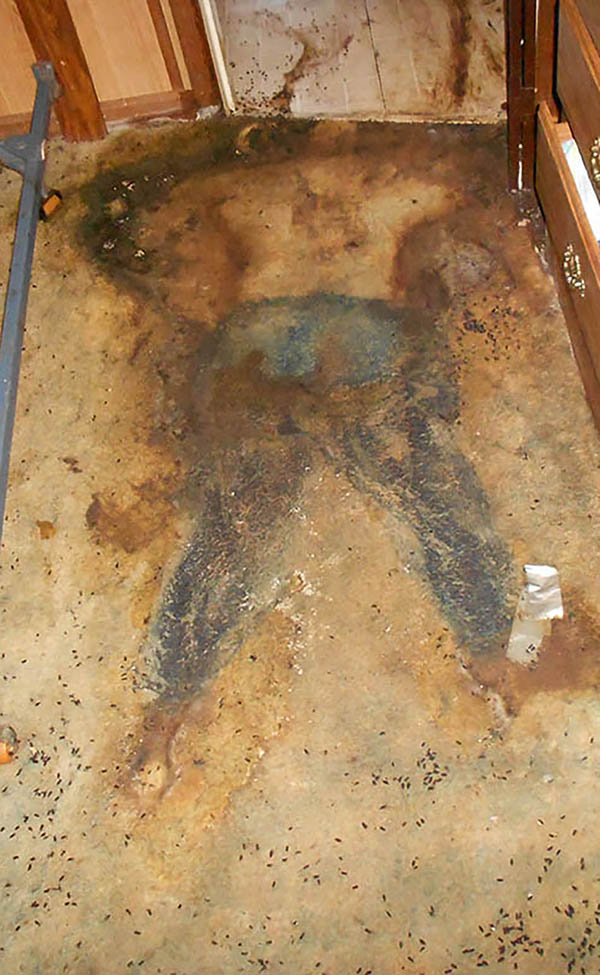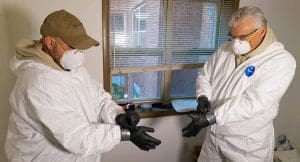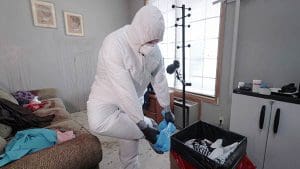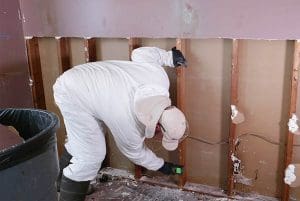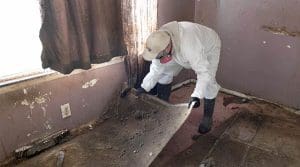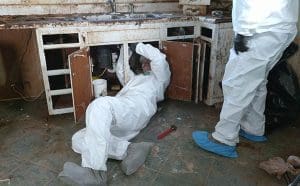Online Certified Bio Recovery Technician Course Costs
Bio-Trauma 911, Inc. has trained new bio recovery technicians and biohazard remediation business owners since 2008. It’s a business and industry that we know and are extremely proficient at.
It’s important to understand that crime scene cleanup technicians, bio recovery technicians, and biohazard remediation technicians all refer to the same job. Regardless of the name, individuals employed in any of these capacities will receive the same training and perform the same services.
Online Training Course Costs:
- Biohazard Remediation Training Bundle –
Includes crime scene cleanup training, hoarding/clutter scene remediation training, business training and business forms
Only $195 or 3-Monthly Payments of $75
- Biohazard Remediation Training Bundle –
- Crime Scene Cleanup Training –
basic course (included in the bundle above)
Only $135 or $49 Monthly
- Crime Scene Cleanup Training –
- Hoarding Scene Remediation Training –
basic course (included in the bundle above)
Only $105
- Hoarding Scene Remediation Training –
- Business Training –
basic course (included in the bundle above)
Only $105
- Business Training –
- OSHA Training –
Includes bloodborne pathogens, PPE, respiratory protection, hazard communication & power tool safety
Only $165
Why Should I Receive Training?
Crime scene cleanup training, also referred to as bio recovery technician training, is crucial because it equips professionals with the skills and knowledge needed to handle biohazardous materials safely and effectively. This specialized training ensures that cleaners understand the proper use of personal protective equipment (PPE), the safe handling and disposal of hazardous waste, and the protocols for disinfecting contaminated areas. Proper training also helps prevent the spread of infectious diseases, protects the health of both the cleanup crew and the public, and ensures compliance with legal and regulatory standards. Ultimately, it enables professionals to restore environments safely and support the emotional recovery of those affected by traumatic events.
